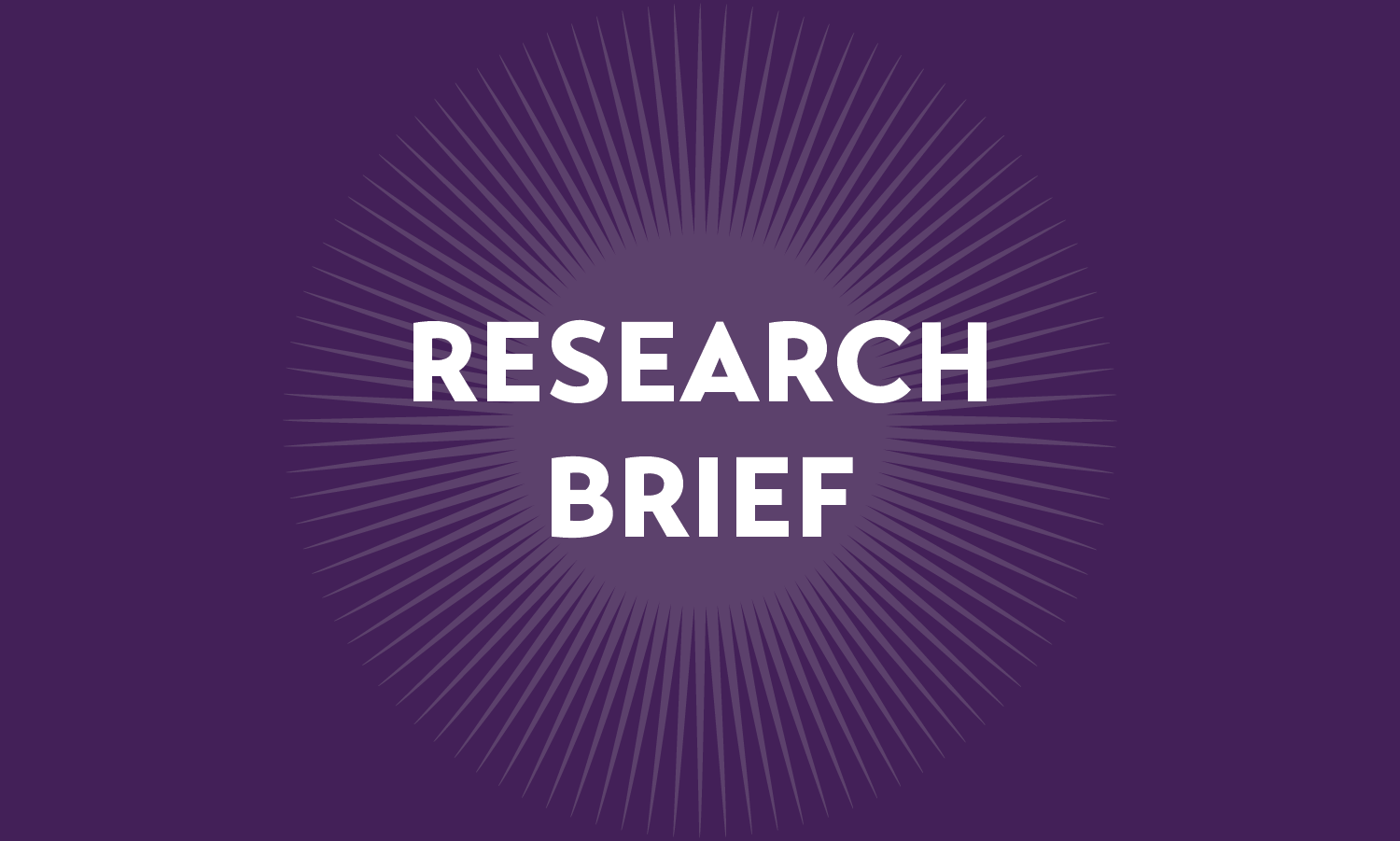
Criteria: Excellent research study on student nutrition, food insecurity, and its connection to mental health and suicide prevention.
Key Takeaway: This study reveals the strong link between food insecurity and poor mental well-being, including suicidal ideation, in middle schoolers. The research draws attention to the potential benefits of free breakfast programs for not only nutrition, but mental health. Additionally, building strong teacher-student relationships and a sense of community can help buffer negative mental health outcomes, even in the face of food insecurity.
Summation and Insights: This valuable research study examined the relationship between mental well-being and food insecurity in middle schoolers. It used data from the Youth Risk Behavior Surveillance Survey, administered to middle schoolers throughout Vermont, to examine the correlation between food insecurity and suicidal ideation. The study also examined the potential buffering effects of positive variables, such as teacher-student relationships and a sense of community in combating low mental health outcomes associated with a lack of nutritious food.
Chronic food insecurity for students consistently produced similar patterns of negative, and a times, suicidal, thoughts and behaviors. Students who had experienced food insecurity in the last thirty days repeatedly expressed that they did not matter to their community and that they did not have a teacher that they could talk to or confide in if they were experiencing a problem. Finally, suicidal ideation and feelings of hopelessness were almost always linked to students experiencing food insecurity. The authors note here that a lack of food enhances physiological stress, the excretion of hormones associated with stress, and a lack of nutritional resources for the body.
In contrast, students who regularly ate breakfast and regularly had some physical activity were much less likely to be affected by feelings of hopelessness or thoughts of suicide. In addition to this, feeling that one belonged or mattered to the community or that there were teachers that one could talk to had the effect of buffering negative mental health outcomes, even amidst food insecurity.
Ultimately, the authors of the study suggest that free breakfast programs available to all students could be an incredible initiative to support students. Although the School Breakfast Program does provide assistance to low-income students, the potential for all students to benefit from such a program, especially those struggling with mental health, is tremendous and untapped. It is also worth noting that educators interested in combating negative mental health outcomes or suicidal thoughts and behaviors can direct some of their efforts to combating food insecurity to generate positive results. In the fine grain, administrators might consider “grab and go” breakfast programs, second chance breakfast programs that allow students to eat later, programs that encourage students to be able to eat breakfast or snacks in the classroom and not just the cafeteria, and destigmatizing free breakfast programs by making them available to all students, not solely those facing high levels of poverty. In addition to concrete ways that schools might combat food insecurity among students, a second pertinent finding for educators is that intra- and inter-personal factors that promote positive high self-esteem and social support systems, such as personal connections to teachers and to the community, can help mitigate the negative effects of food insecurity on mental well-being.
Year: 2021
Author: Jesse Brinkman, Bernice Garnett, Jane Kolodinsky, Weiwei Wang, Lizzy Pope
Primary Author: Jesse Brinkman https://www.human.cornell.edu/people/jeb549
Resource: https://pubmed.ncbi.nlm.nih.gov/33314273/


Join education leaders in Nashville for an experience focused on practical strategies to attract families, retain teachers, and strengthen board alignment. Spots are limited.